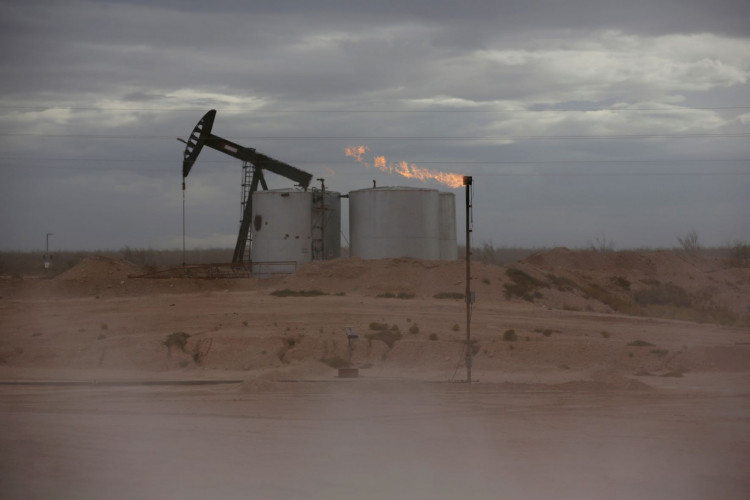Oil and gas giant Royal Dutch Shell has reached a deal with rival ConocoPhillips for the sale of its assets in the biggest oilfield in the U.S., the Permian Basin. The company agreed to sell its assets in the basin to ConocoPhillips for $9.5 billion in cash.
The sale of its Permian Basin business is part of the company's long-term strategy to shift away from fossil fuels amid increased investor and regulatory pressures. In May, the company was ordered by a district court in the Netherlands to cut its net carbon pollution by 45% by 2030.
The court order prompted the company's chief executive officer, Ben van Beurden, to announce an accelerated plan to reduce Shell's net carbon emissions. Shell said oil and gas will still play a "critical role" in its short to long-term strategies as it gradually shifts to low-carbon emission alternatives.
Under the deal, ConocoPhillips would acquire roughly 225,000 net acres of land, which Shell has been using to generate around 175,000 barrels of oil equivalent per day. ConocoPhillips expects to generate up to 200,000 barrels per day from the assets by next year.
Shell said it plans to use part of the funds to pay down its debt, while around $7 billion will be used for "additional shareholder distributions." Analysts said Shell would likely launch additional share buybacks once the deal is completed. Shell's stock price had surged by more than 1.5% following the announcement of the deal Monday.
Unlike U.S. oil companies that are still making big bets on the future of oil and gas, their European counterparts - including Shell, Total Energies, and BP - are now accelerating their shift to renewable and low-carbon energy sources.
Last year, ConocoPhillips spent an estimated $13.3 billion to acquire assets owned by its rival Concho Resources in the Permian Basin. The latest acquisition will allow ConocoPhillips to further expand its operations in the area, which has abundant hydrocarbon-rich shale deposits located between west Texas and southeastern New Mexico.
ConocoPhillips' chief executive officer, Ryan Lance, said that the acquisition presents a "unique opportunity" for the company to catch up with its shale rivals in the Permian Basin.






